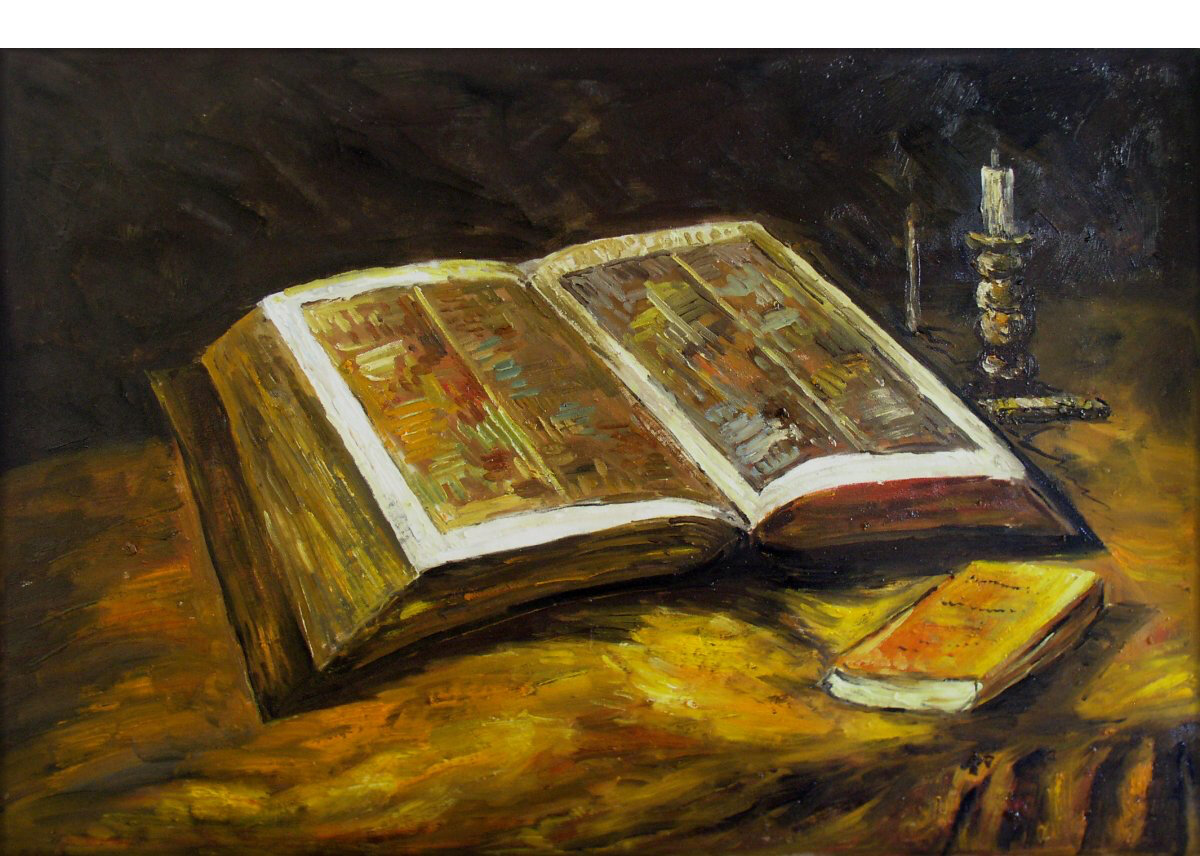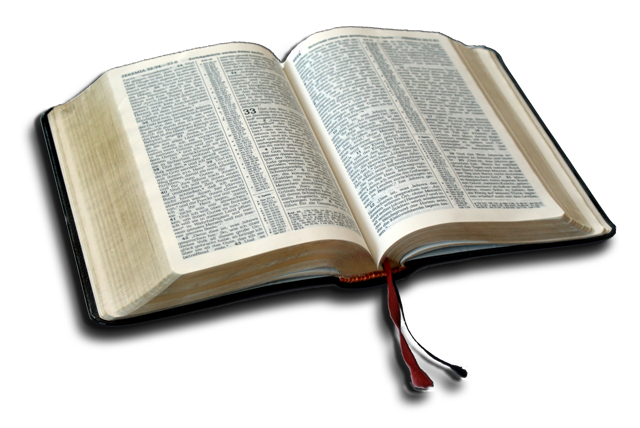![The World's Most Dangerous Book [Part 3] by Alan Watts](https://images.squarespace-cdn.com/content/v1/5ff86e38dd4cdc650b26083e/1611241838169-4LYB5IQWY64HTV8OXA9X/Bible+5.jpg)
The World's Most Dangerous Book [Part 3] by Alan Watts
[Part 3]
Likewise, the Second Person of the Trinity, God the Son, the Logos-Sopia, refers to the basic pattern or design of the Universe, ever emerging from the inconceivable mystery or the Father as the galaxies shine out of space. This is how the great philosophers of the Church have thought about the imagery of the Bible and as it appears to a modern student of the history and psychology of world religions. Call it intellectual snobbery if you will, but although the books of the Bible might have been "plain words for plain people" in the days of Isaiah and Jesus, an uneducated and uninformed person who reads them today, and takes them as the literal Word of God, will become a blind and confused bigot.
PLEASE SUPPORT MARK WATTS PROJECT

“Infallibility and Its Errors, Part 3: The Infallibility of the Bible” by Seán ÓLaoire
The infallibility of the Bible
And the fourth shock to my hopes for some bastion of infallibility came as I studied the Bible. It, too, for all its wisdom and insights, has been filtered, edited, redacted and massaged by hundreds of generations of priests, translators and, yes, even emperors.
I have learned lots from newspapers, from theology, from science and from the Bible, but I am duty bound to separate truth from tactic, and fact from fiction; to recognize metaphor and allegory and distinguish those from historical data.
BE A SUPPORTER OF FR. SEAN’S WORK

"Myth and the Bible" (Parts 1, 2) by Jeffery Small
When you hear the word “myth” associated with the Bible, what is the first thought that comes to your mind? Do you define the word “myth” to mean that the stories described are not factually true?
My reading of the Bible has undergone an evolution over the years. As a child, I was taught the various stories as if they were actual historical events. As my understanding of science and the world began to broaden, I saw that a literal reading of many of these stories was impossible. I came to view the Bible as myth, by which I meant non-historical stories that contained a moral message. Today, my understanding of the Bible as myth has taken another step. Although I still do not believe that many of the stories are historically or factually accurate (although they may be anchored in historical events), I view “myth” in a broader and more meaningful sense. Mythology is a form of literature that expresses fundamental truths in a way that ordinary discourse is inadequate to describe. Mythology adds a richness of detail and a concreteness to metaphorical language. Now when I refer to the stories in the Bible as mythology, I do not intend to do so pejoratively. Reading these stories as myths gives me the freedom to understand their underlying meaning in a way I never could before.
BE A SUPPORTER OF MR. SMALL’S WORK

"The Evolution of Human Consciousness: and why we should be more open about The Bible" by Devon Bailey
It’s impossible to look at the human race and not see an evolution of awareness happening. Each generation brings about new questions about who we are and who we are supposed to be. Often a former way of thinking is challenged by an oppressed group and allies who have seen a different way to be in the world. In America, this is usually marked by marches and protests. Take the Civil Rights Movements of the sixties, the Woman Suffrage movements, and today’s movements for LGBTQ persons.
It also happens with the advent of a new technology. We once thought the earth was flat. We once thought the sky was a glassy firmament with windows that let the sky waters in. But now we have photographs of our round home and we’ve sent men into the sky so that they could walk on the rock that lights up our nights.
BE A SUPPORTER OF DEVON’S WORK

